On July 17, the Ministry of Education and Training held a professional consultation workshop on some contents guiding the implementation of the Law on Teachers and policies for teachers.
5 REGULATIONS TO RAISE THE STATUS OF TEACHERS
Mr. Vu Minh Duc, Director of the Department of Teachers and Management Staff (Ministry of Education and Training), pointed out 5 notable highlights in the provisions of the Law on Teachers. Firstly, affirming the position, protecting the honor and prestige of the teaching profession. Teachers are "special officials" and "special workers" whose rights in professional activities are guaranteed commensurate with their status.
Second, the Law on Teachers stipulates that "teachers' salaries are ranked highest in the administrative career salary scale system" and assigns the Government to specify salary policies for teachers in detail. In addition, teachers are also entitled to special allowances, responsibilities, incentives, subsidies for disadvantaged areas, subsidies for inclusive education , seniority, mobility, etc., contributing to increasing their overall income.
Third, it stipulates a number of policies for better treatment, support, and attraction for teachers. Specifically, the Law on Teachers stipulates that all teachers, both public and non-public, are entitled to a subsidy regime according to the nature of their work and by region; a regime of training and fostering support; a regime of periodic health care support, occupational health care; are arranged public housing or collective housing or supported with house rent when working in particularly difficult areas. At the same time, there are policies to attract and use highly qualified, talented, specially gifted, and highly skilled people; to work in particularly difficult areas; teachers in a number of important and essential fields...
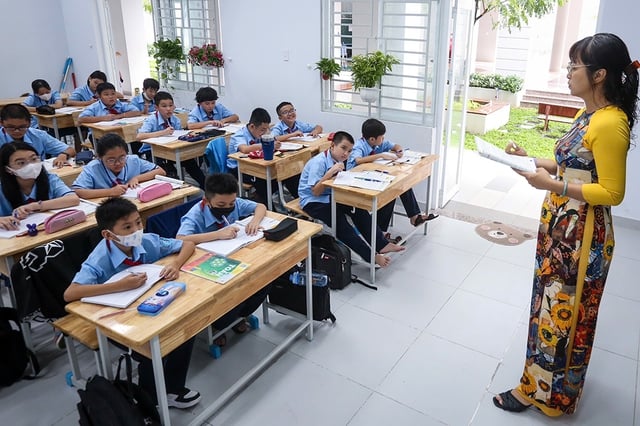
There needs to be clearer and more detailed guidance when giving the education sector the right to recruit and use teachers.
PHOTO: NHAT THINH
Fourth, standardize and develop the team, improve the quality of education by merging two systems of standards (professional titles and professional standards) into a common system of professional standards for teachers, applied uniformly to both public and non-public teachers. Professional standards for teachers are used in recruiting, arranging, evaluating, training, and fostering teachers; building and implementing policies for developing the teaching team.
According to Mr. Duc, this regulation is to ensure the standardization of teaching staff in public and non-public educational institutions, ensure a common level of quality for the staff, and create equal opportunities for promotion and career development of teachers in all types of educational institutions.
The fifth is to increase autonomy for educational institutions and give initiative to the education sector. Heads of public vocational education institutions and public universities, regardless of the level of autonomy, have the right to take the initiative in recruiting teachers. The Minister of Education and Training regulates the authority to recruit teachers in preschool, general education, and continuing education institutions. The Government regulates in detail the authority to mobilize teachers to ensure the role of the education sector in proactively regulating teachers among educational institutions.
SHOULD THE DEPARTMENT OF EDUCATION AND TRAINING BE THE RECRUITMENT CENTER ?
Delegating authority to the education sector in recruiting and using teachers is considered an important solution to remove policy bottlenecks for teachers, especially solving the problem of surplus and shortage of staff; proactively coordinating and planning short-term, medium-term and long-term staff development plans in the future.
Speaking at the workshop, Mr. Nguyen Van Phong, Deputy Director of the Department of Education and Training of Ho Chi Minh City, said that when implementing the two-level local government, the tasks, powers and recruitment responsibilities of the Department of Education and Training and the People's Committee at the commune level are still not consistent. Specifically, according to Decree 142 issued on June 12, stipulating the authority of the two-level local government, the Department of Education and Training has the right to recruit, manage, use and appoint teachers, civil servants and employees in public educational institutions in the province. According to the Law on Organization of Local Government issued on June 16, the Chairman of the People's Committee at the commune level is responsible for recruiting, appointing and managing civil servants and public employees in the area.
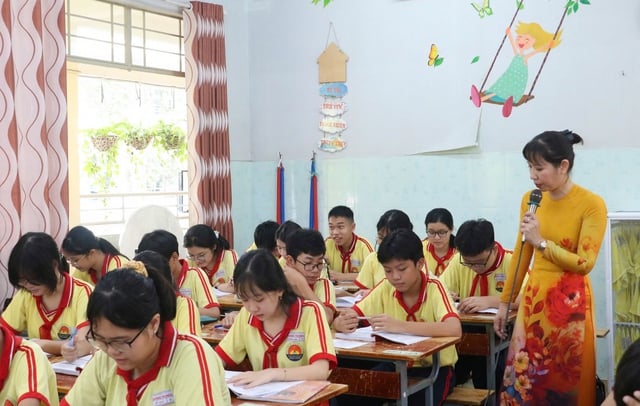
The Law on Teachers stipulates that teachers' salaries are ranked highest in the administrative career salary scale system.
Photo: Nhat Thinh
Considering that there is no uniformity in the responsibilities of the Department of Education and Training and the Commune People's Committee, Mr. Phong suggested that it is necessary to review and have clearer instructions when implementing the Law on Teachers. Citing evidence, Mr. Phong informed that when implementing the 2-level local government, Ho Chi Minh City has 168 communes/wards. According to statistics, there are many communes/wards that have only one primary school and one secondary school. Specifically, there are 4 communes/wards that have only one primary school, 19 communes/wards that have only one secondary school.
"If the responsibility of rotating management staff, mobilizing and appointing them to the People's Committees at the commune and ward levels will be very difficult, for example, in Ho Chi Minh City, many communes/wards have only one school and no place for rotation. Meanwhile, the regulation on rotating management staff is 5 years for one term and no more than 2 terms at one work unit," Mr. Phong said, adding that in the early days of implementing the 2-level local government model, many communes said they did not have civil servants from the education sector, so it would be very difficult to assign the recruitment and appointment of teachers to the commune and ward levels.
Similarly, Mr. Dinh Ngoc Son, Deputy Director of the Department of Education and Training of Quang Ninh , said that when switching to a two-level government, Quang Ninh province also encountered difficulties in mobilizing and rotating teachers. When implementing a two-level local government, Quang Ninh had 54 new commune-level units, but more than half of the communes' social and cultural departments did not have people in the education sector to advise on education in the area.
Therefore, Mr. Nguyen Van Phong proposed: In the appointment work, for schools under the People's Committee at the commune level, when appointing, there must be the opinion of the Department of Education and Training so that the Department can participate in mobilizing management officials according to the inter-commune and inter-ward levels, creating more favorable conditions for communes with few school units. Second, the Department of Education and Training should be assigned to preside over recruitment into the sector or be responsible for handing over, approving plans, and supervising heads of school units that are qualified to organize recruitment in accordance with Government regulations, because the apparatus of communes does not have enough human resources to do this.
According to Ms. Tran Luu Hoa, Deputy Director of the Hanoi Department of Education and Training, when assigning departments of education and training to recruit teaching staff, when issuing guiding circulars, the drafting committee needs to specifically describe pedagogical practices and criteria so that localities can apply them to their local conditions.
3 decrees and 12 circulars for the Law on Teachers to take effect from January 1, 2026
Deputy Minister of Education and Training Pham Ngoc Thuong said that immediately after the National Assembly passed the law, the Ministry of Education and Training urgently developed and completed documents guiding the implementation of the Law on Teachers, including 3 decrees and 12 circulars under the authority of the Minister of Education and Training and relevant ministries to promptly promulgate and take effect at the same time as the Law on Teachers on January 1, 2026.
Does "highest teacher salary" reduce extra teaching?
Previously, answering the press's question when the Law on Teachers was officially issued: "Will the highest salary level for teachers help reduce the situation of extra teaching and learning?", Deputy Minister Pham Ngoc Thuong said that whether teachers teach extra or not depends on many factors, not just the salary. There are teachers who are very dedicated and willing to teach for free, while others accept symbolic fees to make parents feel more secure. The important thing is that extra teaching activities must be strictly managed, in accordance with regulations, transparently and for the benefit of students.
"We have this regulation so that good, dedicated teachers who are trusted by parents can teach extra classes properly, without being misunderstood or accused of forcing students. Therefore, salary is only one of the factors. High salary is part of the effort to honor and protect the honor of teachers, along with the increasing responsibility and dedication of this team," Mr. Thuong emphasized.
Source: https://thanhnien.vn/nen-giao-quyen-tuyen-dung-dieu-dong-nha-giao-cho-ai-185250717211533701.htm

















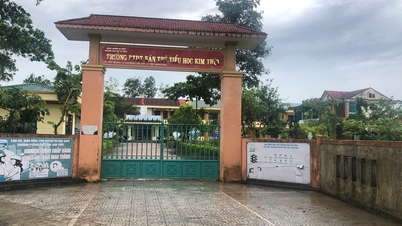
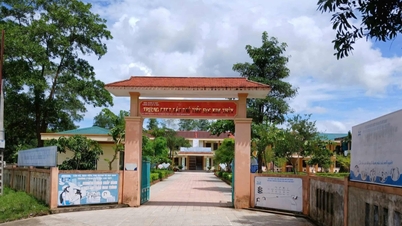


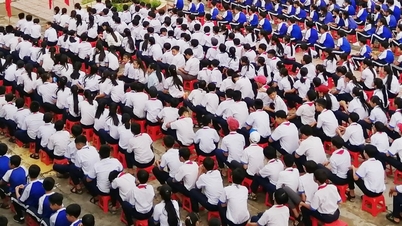









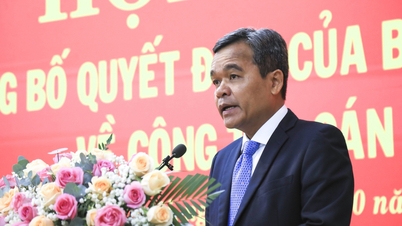




































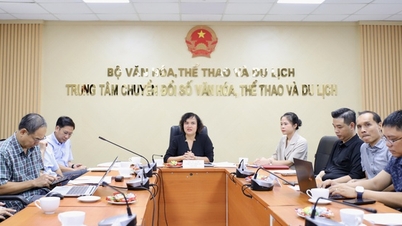
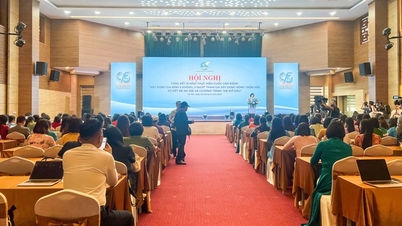
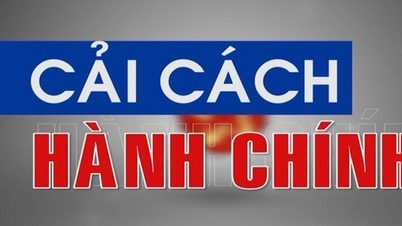





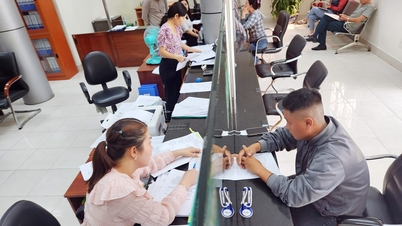


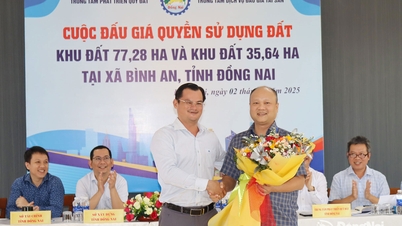
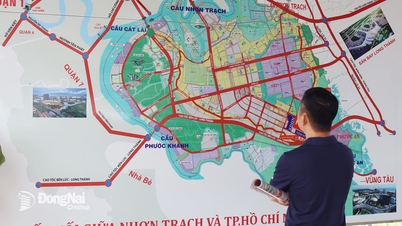
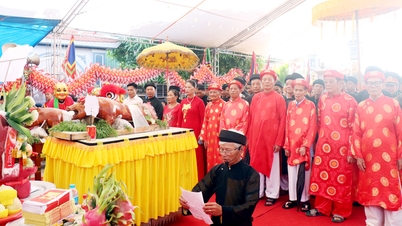














Comment (0)